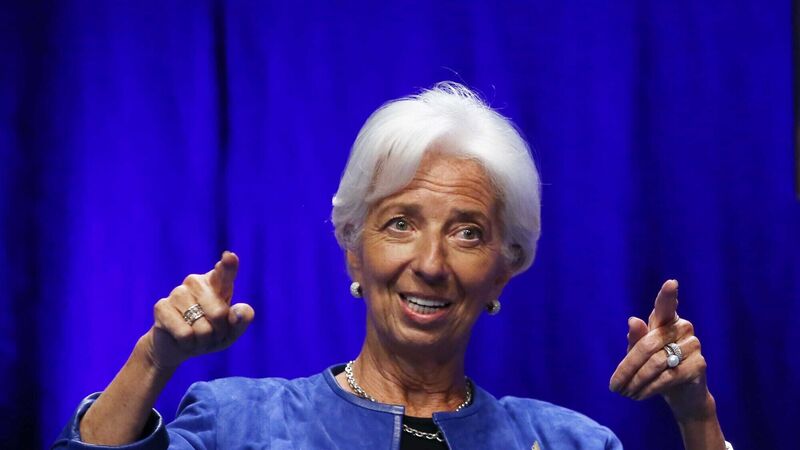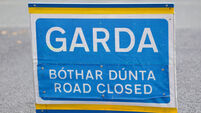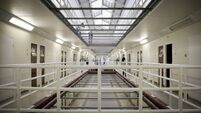ECB sets course on Thursday for rate hike in July, with half point increase still possible

ECB president Christine Lagarde has portrayed Russia’s invasion as a pivotal moment that may prove to be a “tipping point for hyper-globalisation”.
The European Central Bank will begin a new era of monetary policy this week as officials complete their pivot to confront the threat of inflation running out of control.
Armed with new forecasts and with prices rising at a record pace, president Christine Lagarde and her colleagues will end trillions of euros of asset purchases and cement a path to exiting eight years of negative interest rates.














